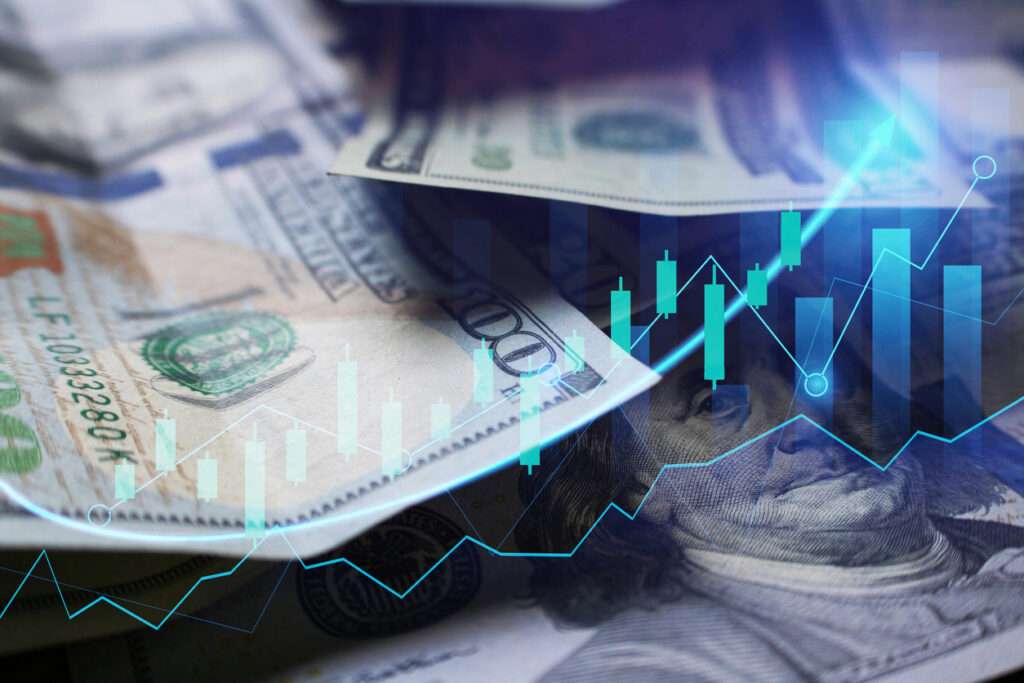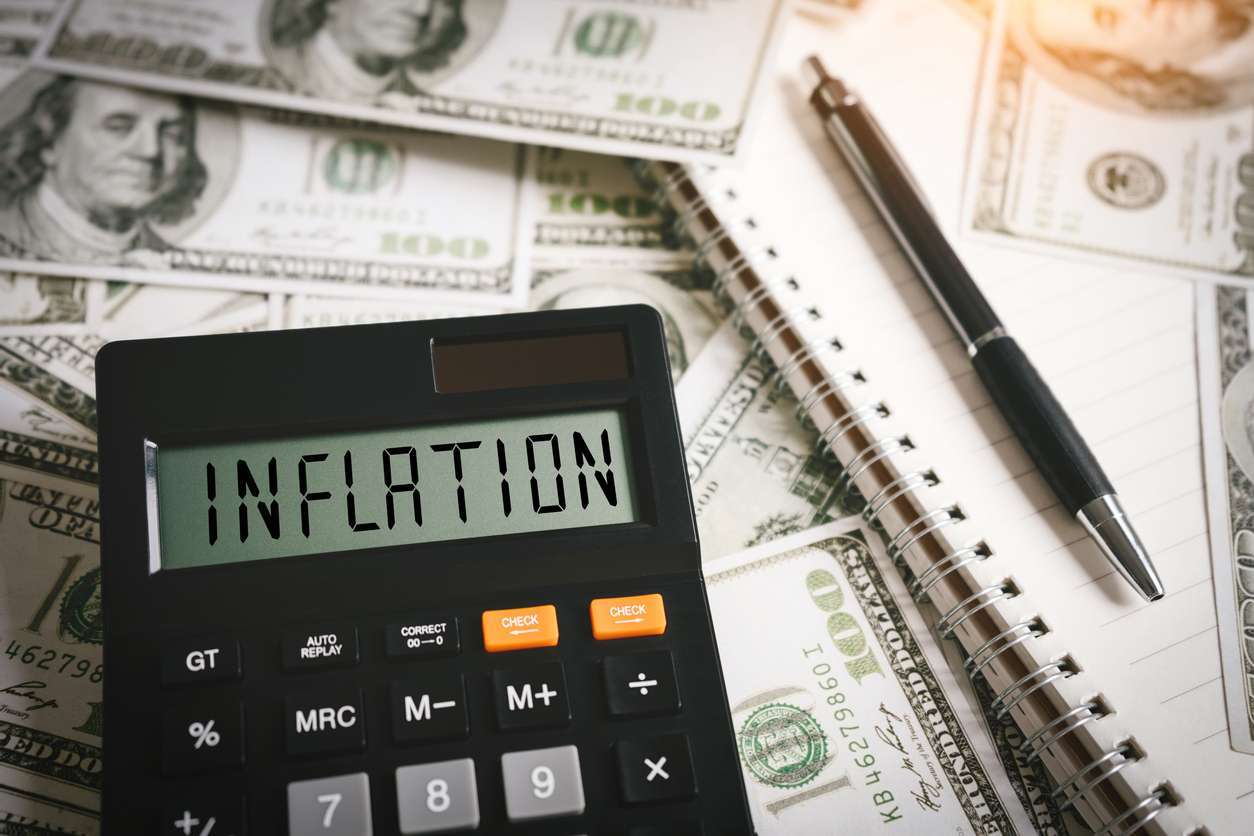According to the latest Consumer Price Index (CPI) report from the Bureau of Labor Statistics, inflation in the United States has slowed to its lowest level since the early months of the pandemic. The CPI for All Urban Consumers rose by 2.4% over the past year, a substantial easing from the higher inflation rates seen over the last two years. September’s monthly increase of 0.2% matches the growth recorded in August and July, indicating a steady, moderate rise in consumer prices.
The most significant contributors to the monthly increase in CPI, a vital indicator of inflation that measures the price change for goods and services affecting consumers’ daily lives, were shelter and food, which comprised over 75% of the overall rise. Food prices alone increased by 0.4% in September, with the cost of meats, poultry, fish, and eggs rising sharply by 8.4%. Fruits and vegetables also saw a notable increase of 0.9%. These rises reflect ongoing pressures on household budgets as essential goods continue to grow more expensive.

The nonprofit Prosperity Now said the index showed housing prices increased by 0.2%, remaining a major stumbling block for American families seeking security and economic stability. The organization noted that housing costs remain a significant hurdle for families striving to build wealth and achieve long-term financial security through homeownership.
“Homeownership has long been one of the most reliable ways to build wealth in this country, but for far too many families, it remains out of reach,” said Marisa Calderon, President and CEO of Prosperity Now. “While it’s encouraging to see inflation slow, we must ensure that economic gains translate into real opportunities for families to build a more secure financial future.”
A cooling of inflation could bode well for African Americans. Research in 2022 revealed that, at a time when households across the U.S. widely reported experiencing serious problems from inflation, Black Americans were disproportionately affected by rising costs. According to a poll conducted by NPR, the Robert Wood Johnson Foundation, and the Harvard T.H. Chan School of Public Health, 55% of Black Americans report facing serious financial difficulties, compared to 38% of white Americans. The survey also showed that Black Americans are more likely to lack emergency savings, with 58% unable to cover even a month of expenses, compared to 36% of white respondents. Food insecurity also presented a more pressing issue, as 32% of Black Americans report struggling to afford food, compared to 21% of white Americans.
Meanwhile, the latest CPI Index revealed that energy costs declined 1.9% over the past month. Gasoline prices dropped by 4.1%, continuing their downward trend and offering some relief to consumers. Over the past 12 months, the energy index has decreased by 6.8%, primarily due to a significant 15.3% drop in gasoline prices and a steep 22.4% decline in fuel oil costs. Meanwhile, electricity and natural gas costs have seen smaller increases of 3.7% and 2.0%, respectively.
Excluding the more volatile food and energy sectors, the CPI rose by 0.3% in September. This broader measure of inflation, which includes categories such as healthcare, motor vehicle insurance, and apparel, reflects more sustained price increases across various goods and services. Medical care costs, which had previously declined, increased by 0.4% this month, while motor vehicle insurance and airline fares both saw notable jumps, rising by 1.2% and 3.2%, respectively.

Shelter costs have increased over the past year by 4.9%, forming a significant part of the overall inflation picture. Motor vehicle insurance costs have surged by 16.3% annually, reflecting heightened expenses in this sector. In contrast, other categories, such as recreation and communication, saw slight decreases of 0.4% and 0.6% this month, respectively.
With inflation now easing to pre-pandemic levels, the latest data suggests that while some price pressures remain, particularly in essential areas like housing and food, overall price growth is moderating.
“We keep making progress, with inflation returning to pre-pandemic levels, 16 million jobs created, lower interest rates, and low unemployment,” said White House National Economic Advisor Lael Brainard. “Our economy has grown 3.2 % per year under the Biden-Harris Administration—stronger than during the previous administration,” Brainard continued.
“Incomes are up almost $4,000 after adjusting for inflation. President Biden and Vice President Harris will keep fighting to lower costs—by building new homes to lower rents, capping prescription drug costs and reducing health insurance premiums, and lowering taxes for middle-class families—as Congressional Republicans keep pushing trickle-down economics that would raise costs by nearly $4,000 per family while cutting taxes for billionaires and big corporations.”
By: Stacy M. Brown, NNPA Newswire Senior National Correspondent








